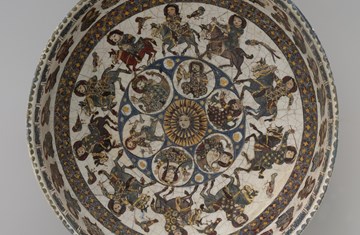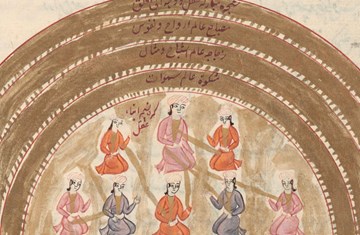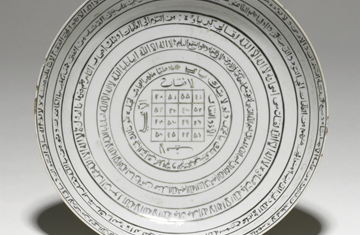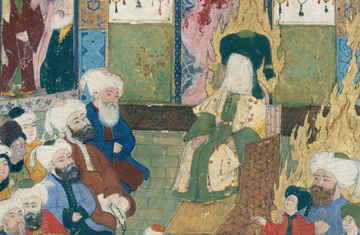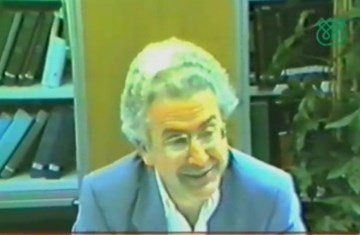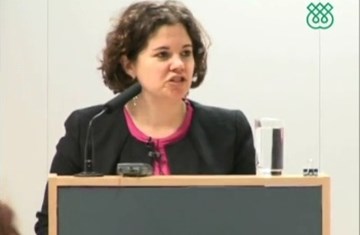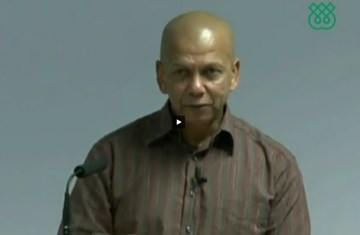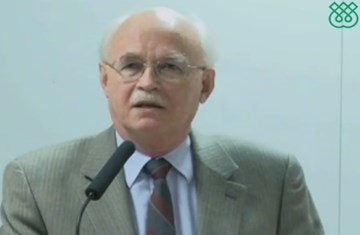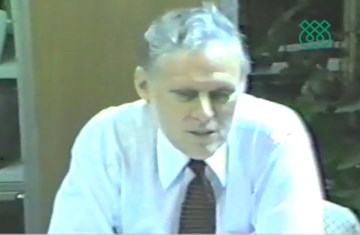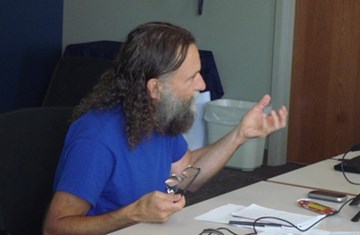Civil Society in Comparative Muslim Contexts
Note: This recording was made many years ago and, as such, its quality does not comply with our currents standards.
This forty-two-minute inaugural lecture on Civil Society in Comparative Muslim Contexts was delivered by (late) Professor Mohammed Arkoun at the IIS in November 2000.
In his talk, professor Arkoun explores ideas and issues of civil society from civilisational perspectives along a historical continuum of social and political developments in societies and relates his insights to the development of historical and contemporary Muslim societies. He notes that there is not, and has never been, a normative Muslim society for reference. Muslim societies, as in other contexts, reflect multiple realities. He invites the audience to a dynamic understanding of civil society where initiatives are taken in view of the realities of the time and context in which they occur, and evolve with the changes in these contexts through processes of continual reflection and renewal.
“We propose to look across the multivocal world of civil society past divides of gender, ideology, ethnicity and certainly geography. Past easy oppositions of tradition versus modernity, east versus west. Not because these distinctions are unimportant, on the contrary, but because in the globalised age that we live in it seems singularly inappropriate to be limited by these ideas and it seems to me easy isolations of space, time and culture will not fly on a subject like civil society.”
“The idea of the public square is one that thinks of a framework safeguarded by the rule of law, enriched by pluralism of culture and politics, and fed by commitments of ethics. I would like to think that is the tradition in which this series will occur at its finest. At least, that is what civil discourse and civil society aims at with communities, institutions and individuals participating collaboratively in this exercise.”
“How we ground the ideas of secularism, how we ground civil society seems to be the nub of the entire issue before we can question the unfolding of those realities and ask what the prospects are for civil society. That is particularly why it is such a privilege to have with us a scholar whose entire career of 40 years has been dedicated to thinking and more importantly re-thinking those fundamental questions of Muslim and non-Muslim identity, of Muslim and non-Muslim discourses, of the very idea of a discourse.”
“The topic of civil society some people may argue is already dated but I hope we can argue here and defend the view that civil society is still an important issue in the context not only of the world in which we live but I think of the work of the Institute itself, because issues of faith and its relationship to society are issues I think that are very critical to the kind of work that takes place here at the Institute and ought to be grounded in explicit social contexts. It is work that is related to ground level reality. I think to be able to analyse how this ground level reality presents us with critical issues that can be mediated through the language of faith, through the language of anthropology, linguistics etc. is one dimension that we hope will be explored in this seminar.”

